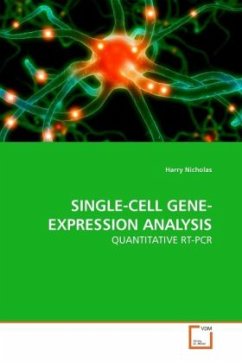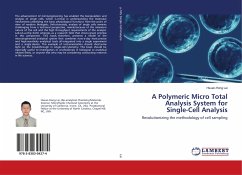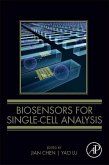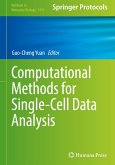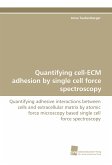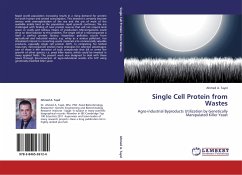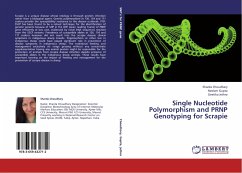The problem of development has long been one of the key issues in biology. With stem-cell therapies on the horizon, the reverse engineering of developmental programs promises to become a task of great practical significance. We now understand the general schemes by which transcriptional networks regulate cellular differentiation and morphogenesis. These genetic circuits function as complex state machines which, over the course of development, undergo sequenced transitions that bring cells to specific end states. A variety of different gene-expression assays can be used to follow these transitions. The sensitivity of the assays now in common use limits the resolution with which we can follow the activity of genetic-regulatory networks. This thesis describes two projects aimed at refining an established gene-profiling method, quantitative RT-PCR, so that it can be used to profile transcriptional-network states cross-sectionally within developing cell populations at single-cell resolution. Two advanced qRT-PCR protocols were developed to support these projects, one based on microfluidic digital PCR, the other based on multiplexed pre-amplification PCR.

